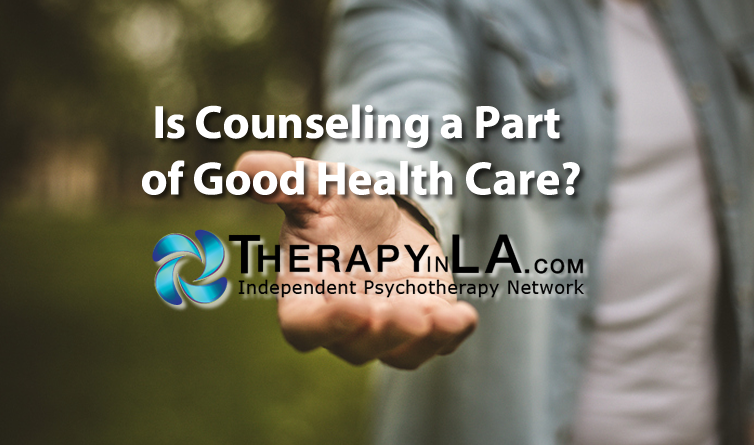Is Counseling a Part of Good Health Care?
Is Counseling a Part of Good Health Care?
“Fifty percent of the patients seeing me for cardiac care are really dealing with psychological issues.” So said a cardiac physician in an informal conversation recently. “So, I quiet myself, listen quite a bit, and then watch for an opportunity to counsel the patient about his anxiety, depression, etc.” This comment was made about patients receiving care after a procedure had been completed.
Does your MD provide that kind of time, conversation, and personal care? Perhaps not.
Another cardiac specialist referred a patient who was having intense anxiety reactions that elevated his heart rate to the extent that he was ending up in ER with what appeared to be heart attack symptoms. A pacemaker had been provided months before to stabilize his heart rate, but the patient was experiencing ongoing feelings of being vulnerable and anxious to a disabling degree. A time-limited course of counseling helped this patient develop relaxation skills that effectively reduced his anxiety and prevented ER visits being repeated.
Depression has been shown to impact the outcome of cardiac care. See a previous blog on this website about it (“Does Lowering Depression Improve Cardiac Health?).
In a similar vein, cancer treatment is more successful when depression and anxiety are addressed for the patient, as well as the patient’s family. The Cancer Support Community has been engaged in ongoing research to substantiate this benefit (www.cancersupportcommunity.org). It operates cancer support groups in the Los Angeles area, other US cities, and internationally as well, seeing cancer as a bio-psycho-social challenge.
For a host of medical conditions, patient compliance with treatment regimens is a major issue: diabetes, cardiac care, obesity, to name just a few. Lifestyle choices make a significant difference in treatment and prevention of many health challenges. See the recent blog on psychological issues related to over-eating (“Psychological Issues in Over-eating…….”). Or the benefits of walking on overall health as well as ADHD (“Powerful Benefits of Walking”, and, “The Benefits of Exercise with ADHD”).
The bottom line: in many instances psychological support and counseling can be a crucial component of quality health care and better health outcomes. Careful collaboration between an MD and a therapist is one aspect of this care.
Alan M. Solomon, Ph.D. is a clinical psychologist in private practice in Torrance, CA. A member of the Independent Psychotherapy Network, he can be reached at 310 539-2772 or dralanms@gmail.com
Copyright 2019 by Alan M. Solomon, Ph.D.

